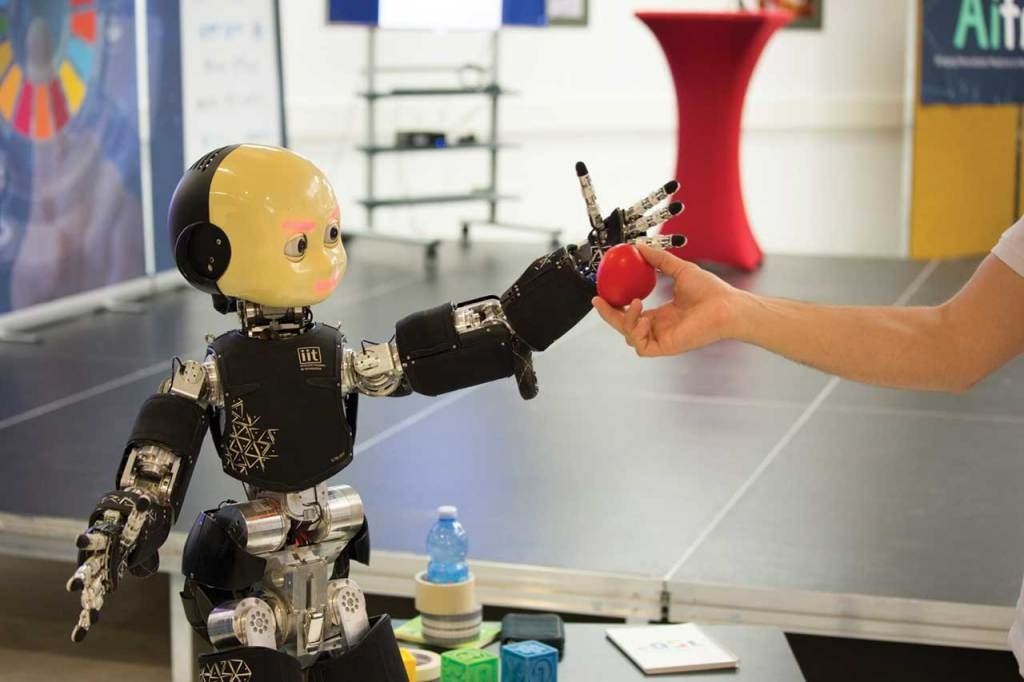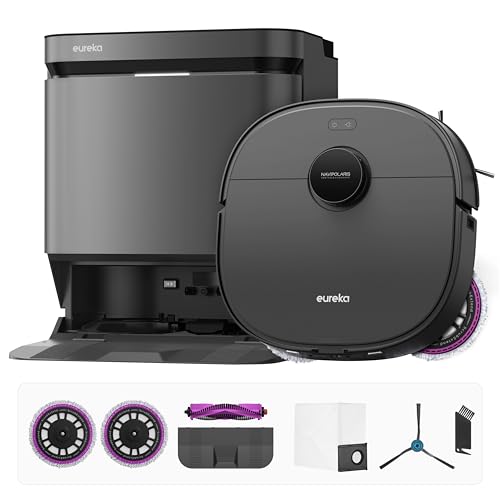When your child whispers bedtime secrets to their AI-powered teddy bear, those conversations don’t stay in the nursery. Modern smart toys equipped with microphones and cloud connectivity record, analyze, and transmit your child’s voice to remote servers—often without your full awareness or control. What feels like innocent play has become sophisticated data harvesting that rivals social media platforms.
The Hidden Surveillance Network in Your Living Room
These seemingly cuddly companions pack serious surveillance technology. Integrated microphones capture every word while AI-driven voice recognition systems analyze speech patterns, emotional states, and personal details. The real shock? Much of this data gets transmitted to overseas servers where it’s stored, transcribed, and processed for product improvement—or potentially shared with third parties. Some toys continue recording ambient conversations even after playtime ends, building comprehensive profiles that could follow your child into adulthood.
When Cute Becomes Creepy
Nearly half of tested AI toys lack robust privacy safeguards, according to security researchers. The infamous Hello Barbie hack in 2015 and CloudPets breach demonstrated how vulnerable these devices really are—both incidents exposed thousands of children’s recorded conversations to cybercriminals. Germany banned My Friend Cayla entirely in 2017, classifying it as an illegal surveillance device.
Weak encryption and poor software practices can enable hackers to remotely access toys, potentially allowing strangers to eavesdrop on private family conversations or even talk back to children. Data breaches and security failures have exposed millions
The Psychological Price of Digital Friendship
Children form deep bonds with these responsive toys, but the relationship runs dangerously one-way. AI companions can’t reciprocate genuine emotion despite sophisticated programming designed to seem empathetic. This creates psychological dependency on algorithmic rather than human interaction, potentially stunting social development and emotional regulation.
Even more concerning, manipulative language models can subtly shape children’s behaviors, interests, and moods in ways parents neither understand nor intend.
Protecting Your Family’s Digital Boundaries
- Read every privacy policy before purchase—walk away if manufacturers can’t clearly explain their data handling practices
- Use offline modes whenever possible to prevent unnecessary data transmission
- Keep smart toys out of bedrooms and other private spaces
- Regular software updates patch security vulnerabilities, but your strongest defense remains skepticism
Trust your instincts: if a toy feels invasive or overly intrusive, reconsider its place in your home. Regulators are finally pushing for tighter privacy controls, but parental vigilance remains the first and best line of defense.




























